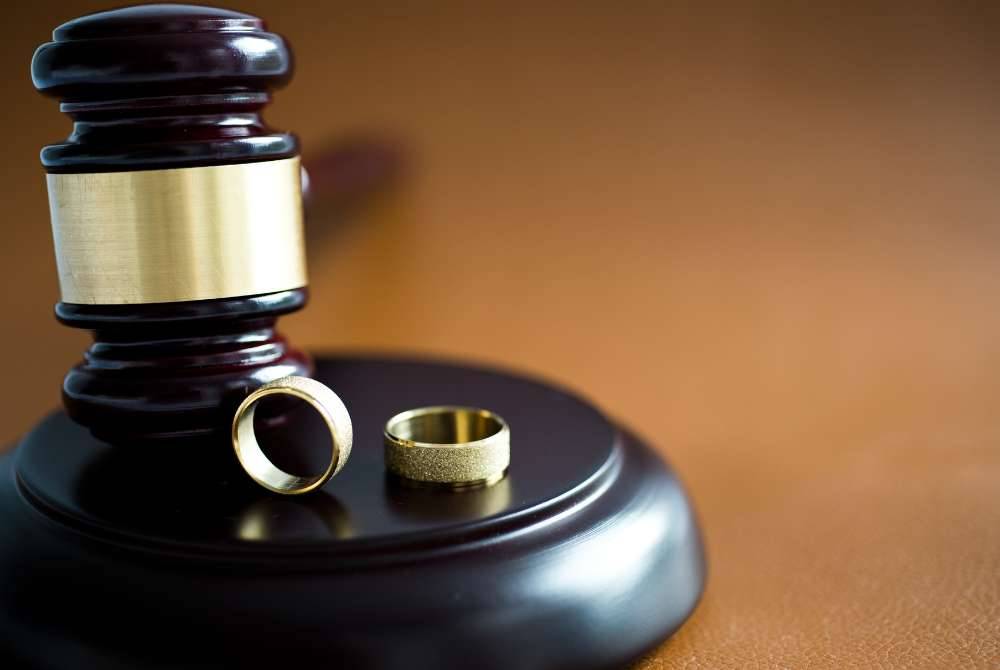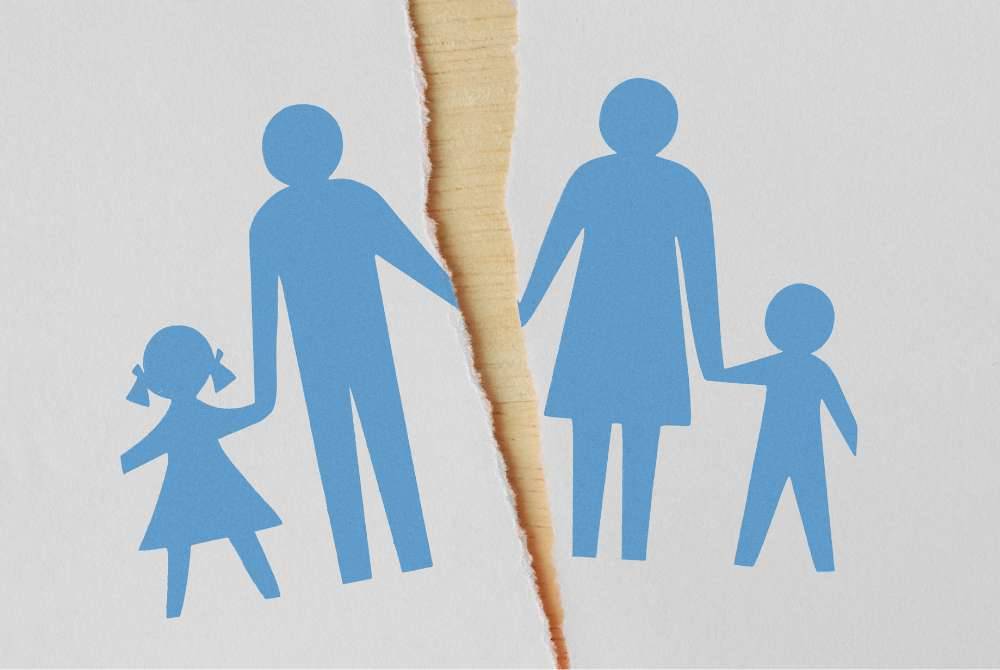Do men also have ‘iddah’?
While men are not obligated to observe iddah, there are situations where they cannot remarry immediately.



For couples who have recently divorced, several matters need attention, particularly the waiting period known as 'iddah' (the time before a Muslim widow or divorcee may remarry).
For a divorced woman, the iddah period lasts three menstrual cycles. For widows, it lasts four months and ten days.
Pregnant women, whether divorced or widowed, must observe iddah until they give birth.
However, men also face certain restrictions after divorce, even though they do not have a formal iddah like women.
According to the Al-Kafi li al-Fatawi Series 439, the Federal Territory Mufti's Office explains that while men are not obligated to observe iddah, there are situations where they cannot remarry immediately. Scholars of fiqh, as detailed in Al-Mausu’ah al-Fiqhiyyah al-Kuwaitiyyah, mention two such cases:
- Men with four wives: If a man has divorced one of his wives, he cannot marry another woman until the iddah of the divorced wife is completed, provided it is a raj'ie talak (a divorce that allows for reconciliation).
- Men with family ties to their wives: A man cannot marry his wife’s sister or mother-in-law until the iddah of his wife is completed, in the case of a raj'ie talak.
Additionally, syariah lawyer Nurain Akmal Khairunnisa Amir Hamzah explains that there is another situation in which men face iddah.
If a man divorces his wife with a triple talaq and later wants to reconcile, he must wait until his ex-wife marries another man, consummates the marriage, and is then divorced.
“After that, he must wait for her iddah to be completed before he can marry his ex-wife again,” she said in a previous social media post that was shared.














